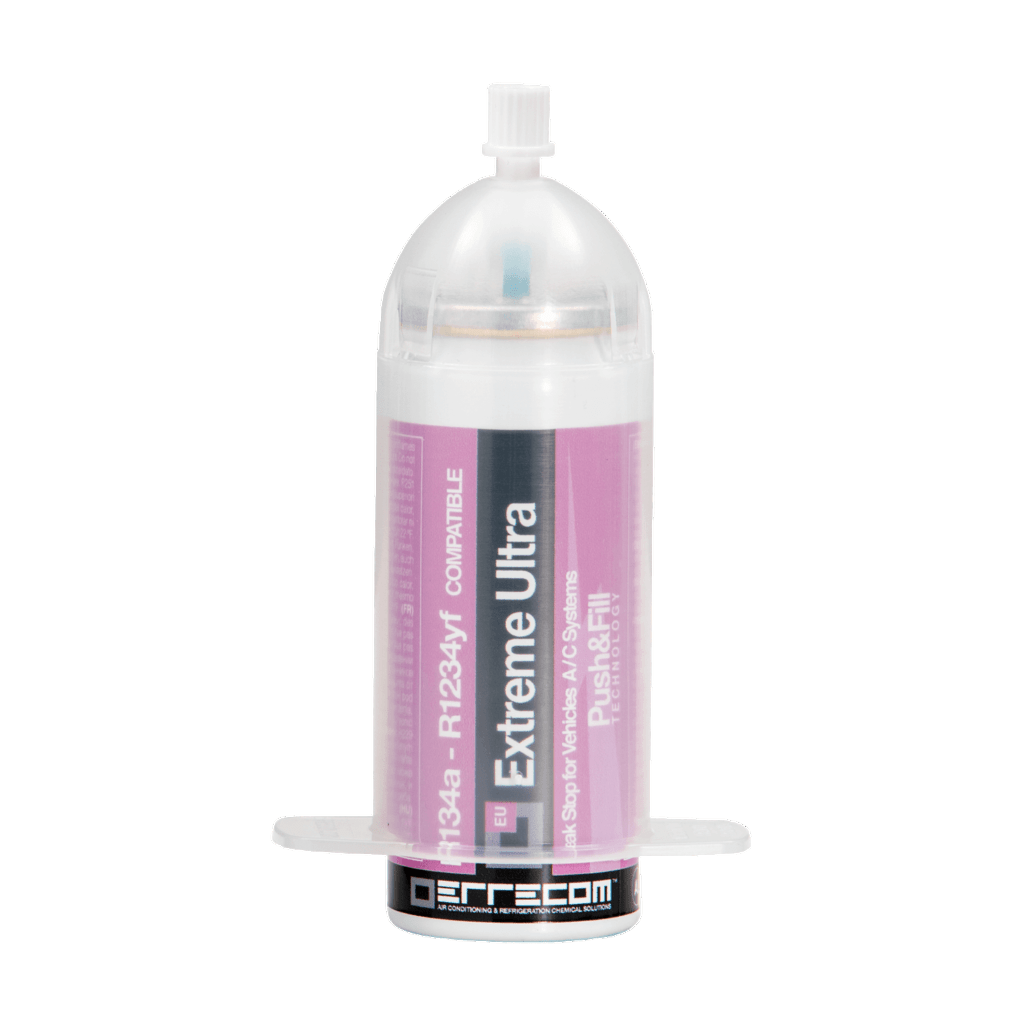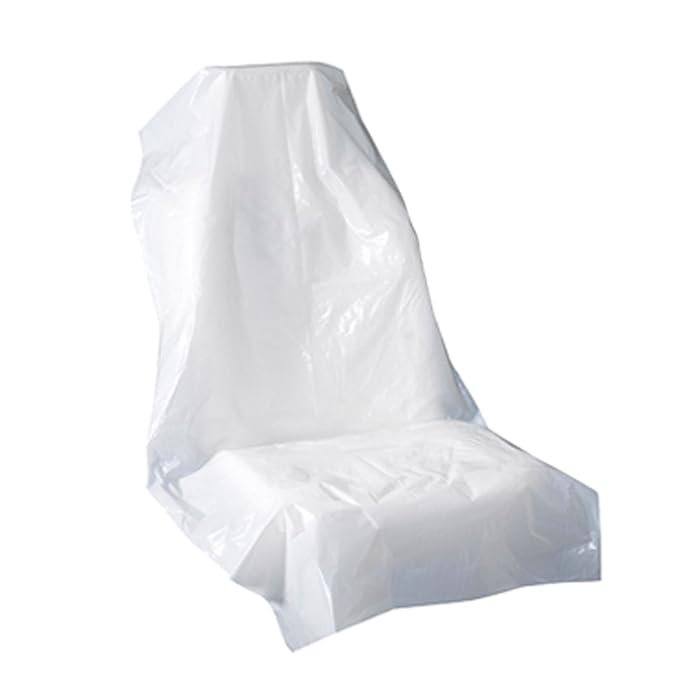How to Safely Clean Your Car’s Battery Terminals Using a Chemical Solution

By Ali Hasan Omar | September 2, 2024
Introduction
It’s not uncommon to find corrosion around your car’s battery terminals when you lift the hood. This corrosion is a normal result of the battery’s chemical processes over time. However, just because it’s typical doesn’t mean you should ignore it. Corroded battery terminals can cause a range of problems, from reduced battery life to electrical system malfunctions.
Maintaining clean battery terminals is essential for the proper functioning of your vehicle’s electrical system. Corrosion or debris buildup can hinder the connection between the battery and your car, leading to performance issues, starting difficulties, and even complete battery failure. Regular cleaning can prevent these problems and prolong the life of your car’s battery.
In this guide, we’ll walk you through how to safely clean your car’s battery terminals using a chemical solution, detailing the necessary tools, safety precautions, and a step-by-step cleaning process.
What Is Battery Corrosion?

Battery corrosion occurs when sulfuric acid in the battery releases hydrogen gas, which reacts with air, moisture, and salt to form a white, blue, or greenish powder around the terminals. This corrosion is easy to identify by its powdery, granular texture surrounding the battery terminals or cables.
What Causes Battery Corrosion?
Several factors can contribute to battery corrosion:
- Age: Car batteries typically last three to five years. As they near the end of their lifespan, they become more prone to corrosion.
- Overheating: Batteries that overheat due to high temperatures or overcharging are more susceptible to corrosion. This is why the risk of corrosion increases during the summer months.
- Leaking fluid: If the battery case is cracked or damaged, leaking acid can cause corrosion around the terminals.
Why Is It Important to Clean Battery Terminals?
Over time, battery terminals can accumulate corrosion, which appears as a white, blue, or green powdery substance around the terminals and cable connections known as corrosion. This corrosion forms when sulfuric acid from the battery reacts with the metal terminals. If left unchecked, corrosion creates a barrier between the terminals and the battery cables, inhibiting the flow of electricity, cause starting problems, electrical issues, and damage the battery.
Regularly cleaning your car’s battery terminals ensures a strong electrical connection and prevents potential issues like:
- Difficulty starting the car
- Reduced battery life
- Electrical system malfunctions
Tools and Materials You’ll Need
Before you begin, gather the following tools and materials:
- Wrench or pliers to remove battery cables
- Chemical battery terminal cleaner (or a baking soda solution for mild corrosion)
- Wire brush or battery terminal cleaning tool
- Safety goggles and gloves for protection
- Microfiber cloth or paper towels
- Petroleum jelly or battery terminal protector for corrosion prevention
Safety Precautions Before You Start
Cleaning battery terminals involves working with both electrical components and chemicals, so follow these safety measures:
- Wear protective gear: Always wear gloves and safety goggles to protect your skin and eyes from acid, corrosion, and chemical cleaners.
- Turn off the vehicle: Make sure the engine is off and the keys are removed from the ignition.
- Disconnect the battery: Always disconnect the negative terminal first (-) and the positive terminal (+) second to minimize the risk of electrical shock.
- Work in a well-ventilated area: Ensure good ventilation as fumes from the battery and chemicals can be harmful if inhaled.
Step-by-Step Guide to Cleaning Your Battery Terminals
Step 1 – Disconnect the Battery
- Open the hood and locate the battery.
- Loosen the nut on the negative (-) terminal with a wrench or pliers and carefully remove the cable.
- Then, loosen and remove the positive (+) terminal cable.
Step 2 – Inspect the Terminals
- Check for visible corrosion (a white or blue-green powder).
- Inspect for damage to the terminals or cables. If corrosion has caused significant damage, you may need to replace them.
Step 3 – Apply the Chemical Cleaning Solution
- Spray the chemical cleaner directly onto the terminals and cable ends. Allow the cleaner to sit for a few minutes to break down the corrosion.
- Alternatively, you can apply a baking soda and water paste if you don’t have a chemical cleaner.
Step 4 – Scrub the Terminals and Cable Ends
- Use a wire brush: Gently scrub the battery terminals and cable ends with a wire brush or a battery terminal cleaning tool. The bristles will help remove any remaining corrosion and debris. Focus on areas where the corrosion is heaviest, and make sure to clean both the inside and outside of the terminal clamps.

- Wipe clean: After scrubbing, use a clean microfiber cloth or paper towel to wipe away the cleaner and any loose debris. Ensure that the terminals and cables are completely free of dirt and corrosion.
Step 5 – Rinse and Dry
If your cleaner requires rinsing, follow this step:
- Rinse with water: If using a baking soda mixture or a chemical cleaner that needs to be rinsed off, carefully pour a small amount of clean water over the terminals to wash away any residue.
- Dry thoroughly: Use a dry microfiber cloth or paper towel to thoroughly dry the terminals and cable ends. Moisture can lead to new corrosion if not removed completely.
Step 6 – Reconnect the Battery
After the battery terminals are clean and dry, it’s time to reconnect the battery:
- Reconnect the positive (+) terminal first, tightening the nut securely.
- Reconnect the negative (-) terminal last, ensuring both connections are tight.
Step 7 – Apply a Protective Coating (Optional)
To prevent future corrosion, consider applying a protective coating:
- Use petroleum jelly: After reconnecting the cables, apply a small amount of petroleum jelly to the battery terminals. This creates a barrier that protects the terminals from moisture and corrosion. Usually comes in a little ketchup-like packet.

- Use a battery terminal protector: Alternatively, you can use a specialized battery terminal protector spray.
You can watch this 26-minute video to deepen your understanding of cleaning battery terminal corrosion and learn how to protect them effectively.
How to Prevent Battery Terminal Corrosion
To slow or prevent future corrosion:
- Apply protective coatings: After cleaning, apply dielectric grease or a battery terminal protector to create a barrier against corrosion.
- Avoid overcharging: Corrosion on the positive terminal often indicates overcharging, while corrosion on the negative terminal can signify undercharging. Address any underlying charging issues.
- Regular inspections: Check your battery terminals every few months, especially in hot climates.
Additional Tips for Battery Maintenance
- Check your battery regularly: Inspect your battery terminals for signs of corrosion every few months, especially in hot or humid climates.
- Use terminal covers: If your battery doesn’t already have them, consider using protective terminal covers to reduce exposure to dirt, moisture, and corrosive elements.
- Ensure proper ventilation: Battery gases can contribute to corrosion, so make sure your engine bay is well-ventilated.
Conclusion
Cleaning your car’s battery terminals with a chemical solution is a simple but crucial maintenance step. By keeping your terminals clean, you ensure a solid electrical connection, preventing electrical issues and extending your battery’s life. Following these steps will help you maintain your car’s battery for a smoother, more reliable driving experience.
Enjoy the benefits of a cleaner, more reliable battery!
FAQs
Why is it important to clean car battery terminals?
Cleaning your car battery terminals helps ensure a strong electrical connection, preventing issues like difficulty starting, reduced battery life, and electrical malfunctions.
How often should I clean my car’s battery terminals?
It’s recommended to check and clean your battery terminals every 4-6 months, or more frequently if you live in a humid or hot climate.
What causes corrosion on battery terminals?
Corrosion is caused by the release of hydrogen gas from the sulfuric acid in the battery, which reacts with moisture and air. It can also be caused by overheating, age, or leaking battery acid.
Can I use household products like baking soda to clean my battery terminals?
Yes, a mixture of baking soda and water can neutralize acidic corrosion and clean battery terminals. However, automotive-specific chemical cleaners are more effective.
What happens if I don’t clean the battery terminals regularly?
If left uncleaned, corrosion can block the electrical connection, leading to problems like starting difficulties, electrical issues, and premature battery failure.
Is it safe to clean battery terminals by myself?
Yes, as long as you take proper safety precautions such as wearing gloves and goggles, turning off the vehicle, and disconnecting the battery before starting.
What should I do if the battery terminals are severely corroded?
If the corrosion is extensive, the terminals or battery cables might need to be replaced. In such cases, it’s best to consult a professional mechanic.
Can cleaning the battery terminals extend the battery’s life?
Yes, regular cleaning prevents corrosion from interfering with the electrical connection, which can help prolong the battery’s lifespan.
How do I prevent future corrosion on battery terminals?
After cleaning, apply petroleum jelly or a battery terminal protector to the terminals, and ensure your car’s battery is not over- or undercharged.
When should I replace my car battery instead of just cleaning the terminals?
If your battery is older than 3-5 years, shows signs of wear, or has persistent corrosion even after cleaning, it might be time to replace it.




